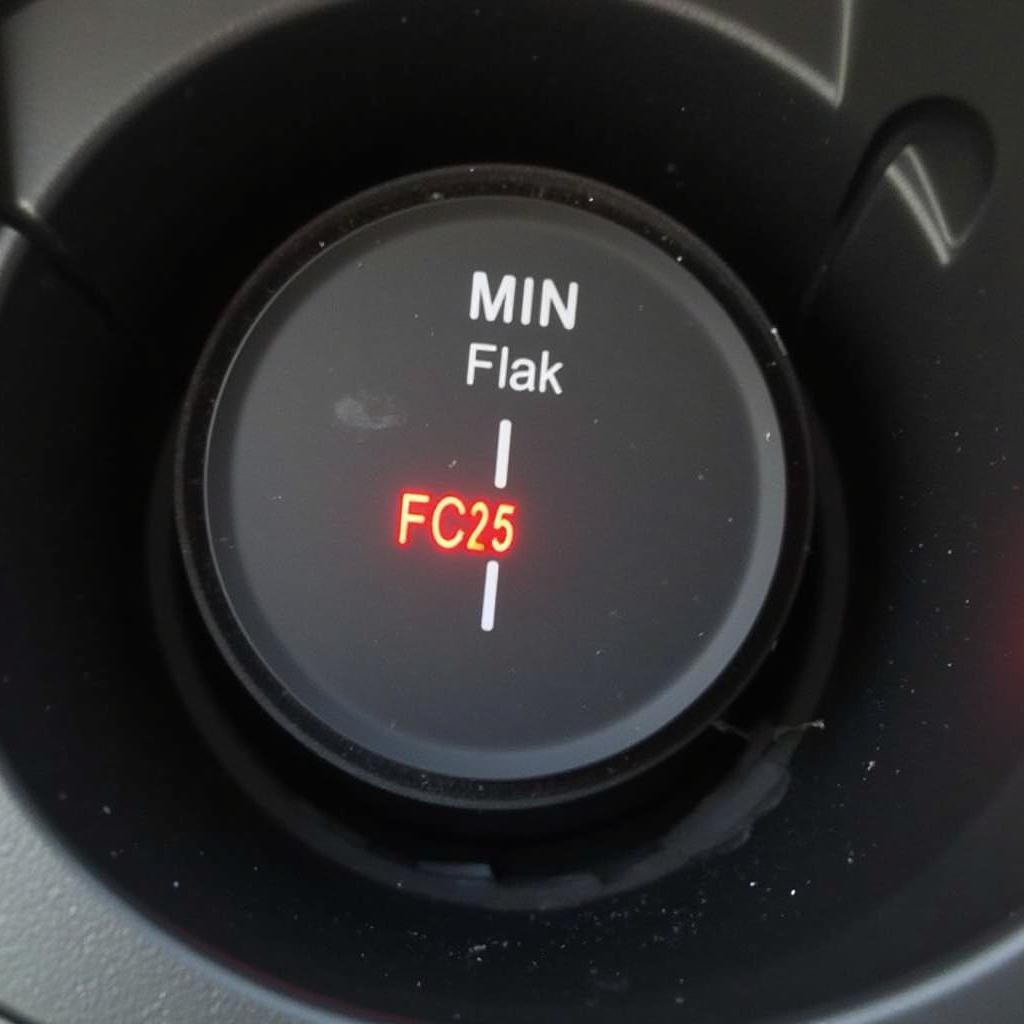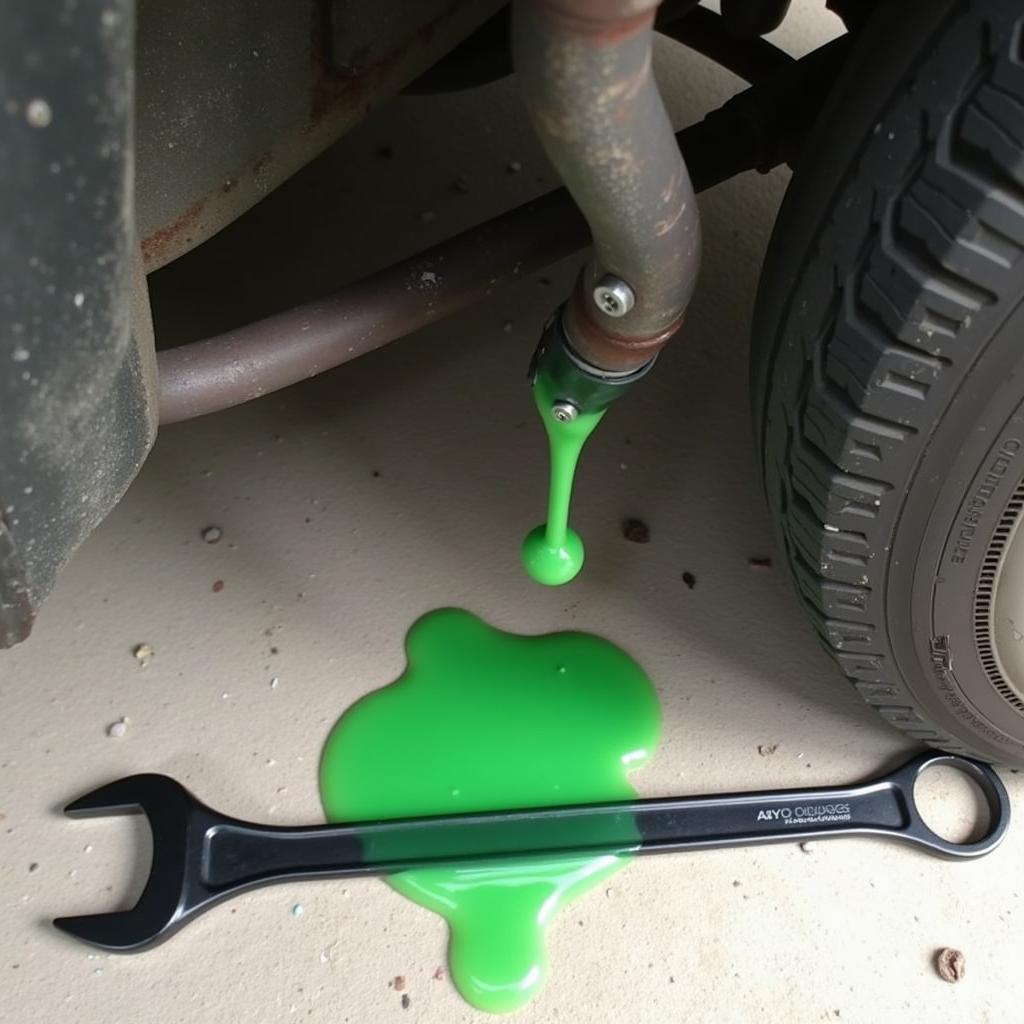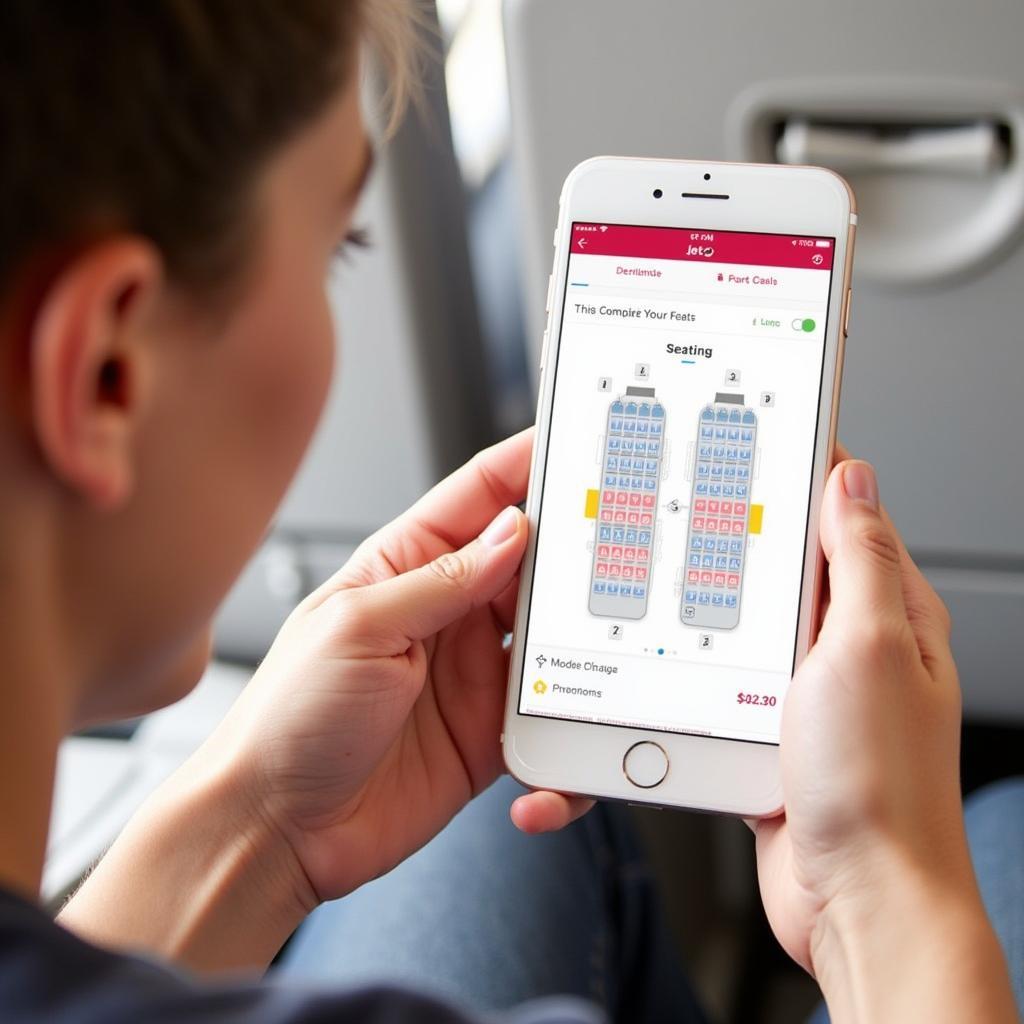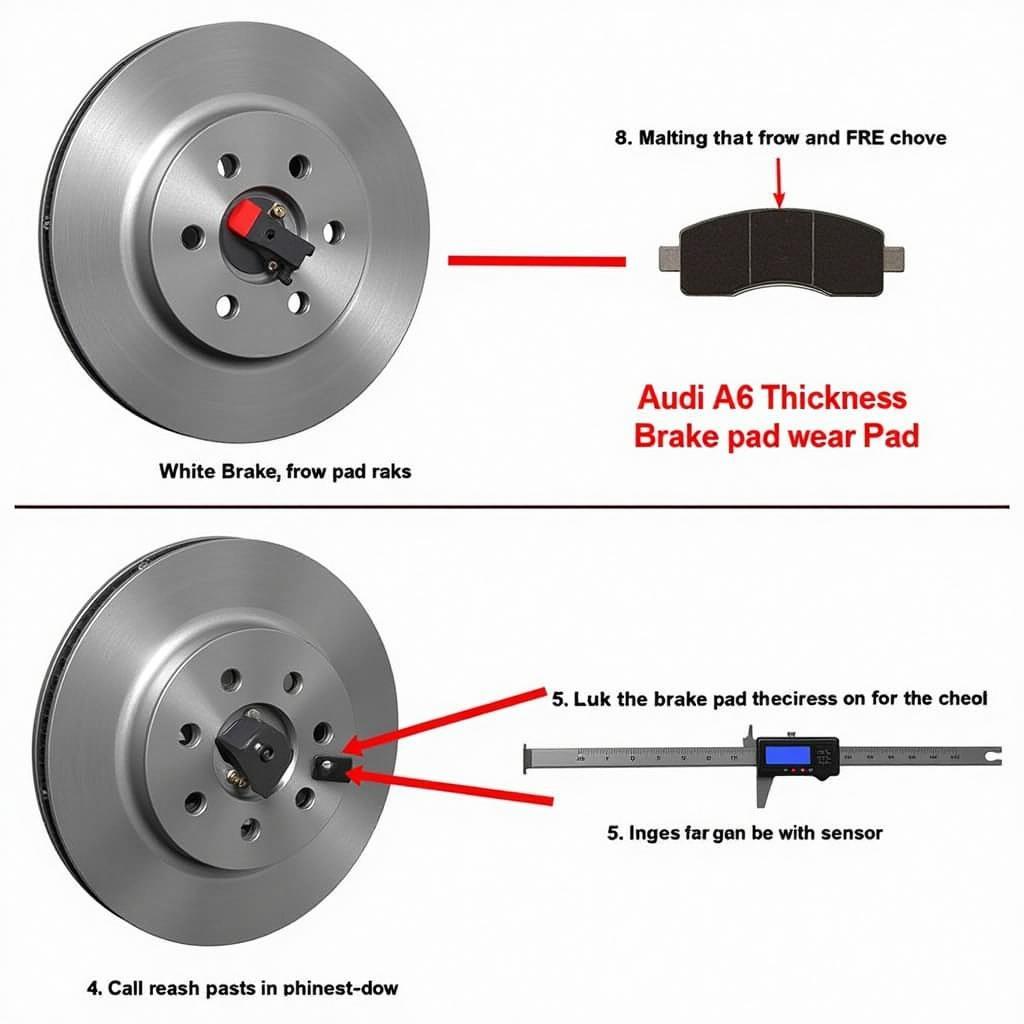The brake warning light on your 2007 Chevy Trailblazer is a crucial safety feature designed to alert you of potential braking system issues. When illuminated, it signals that a problem requires immediate attention. Ignoring this warning light can lead to reduced braking performance and potentially dangerous driving conditions.
This comprehensive guide delves into the common causes behind the 2007 Chevy Trailblazer brake warning light and provides you with effective solutions to address them.
Understanding Your Trailblazer’s Brake Warning Light System
The brake warning light is connected to several components within your Trailblazer’s braking system, including:
- Brake Fluid Level Sensor: This sensor monitors the brake fluid level in the master cylinder. If the fluid level drops below a safe threshold, the warning light illuminates.
- Parking Brake Switch: Engaging the parking brake activates this switch, turning on the brake warning light. The light should switch off when the parking brake is fully released.
- ABS System: While your Trailblazer has a separate ABS warning light, a malfunction within the Anti-lock Braking System (ABS) can sometimes trigger the brake warning light as well.
Common Causes of a 2007 Chevy Trailblazer Brake Warning Light
1. Low Brake Fluid
One of the most common culprits behind an illuminated brake warning light is low brake fluid. This typically indicates a leak somewhere in the system or worn brake pads.
How to Check:
- Locate the brake fluid reservoir under the hood. It’s a clear container with a black cap, usually labeled “Brake Fluid.”
- Check the fluid level. It should be between the “Min” and “Max” lines.
- If the fluid is low, add the recommended brake fluid for your Trailblazer (consult your owner’s manual).
 Low Brake Fluid Reservoir
Low Brake Fluid Reservoir
2. Worn Brake Pads
Brake pads naturally wear down over time. As they wear thin, the brake caliper pistons need to extend further to apply the brakes, resulting in a lower brake fluid level and triggering the warning light.
How to Inspect:
- Look through the spaces between the wheel spokes to inspect your brake pads.
- You should see a metal backing plate and a friction material. If the friction material is less than ¼ inch thick, it’s time for new brake pads.
3. Brake Fluid Leak
A leak in your brake lines, hoses, or calipers can also cause a drop in brake fluid level and trigger the warning light.
How to Check:
- Inspect the area around the master cylinder, brake lines, and calipers for any signs of fluid leaks. Look for wet spots, drips, or puddles.
- If you suspect a leak, it’s crucial to have your braking system inspected and repaired by a qualified mechanic immediately.
 Brake Fluid Leak
Brake Fluid Leak
4. Faulty Parking Brake Switch
If the brake warning light stays on even after you’ve disengaged the parking brake, the parking brake switch itself might be faulty.
How to Check:
This requires a bit more technical expertise and may involve testing the switch with a multimeter. If you’re not comfortable with electrical diagnostics, it’s best to consult a mechanic.
5. ABS Issues
While less common, a problem with your ABS system, such as a malfunctioning wheel speed sensor or ABS module, can also illuminate the brake warning light.
How to Diagnose:
If you suspect an ABS issue, it’s best to have your vehicle scanned for trouble codes using an OBD-II scanner. This will pinpoint the source of the problem.
Expert Insight from John Miller, ASE Certified Master Technician:
“Many car owners overlook the importance of regular brake fluid flushes. Brake fluid is hygroscopic, meaning it absorbs moisture over time. This can lead to corrosion and reduced braking performance. I recommend flushing your brake fluid every 2 years or 30,000 miles to keep your braking system in optimal condition.”
Conclusion
Addressing a brake warning light promptly is crucial for your safety and the longevity of your 2007 Chevy Trailblazer. By understanding the common causes and following the troubleshooting steps outlined in this guide, you can take the necessary steps to ensure a safe and reliable driving experience. Remember, if you’re ever unsure about diagnosing or repairing your vehicle’s braking system, it’s always best to consult a qualified mechanic.


